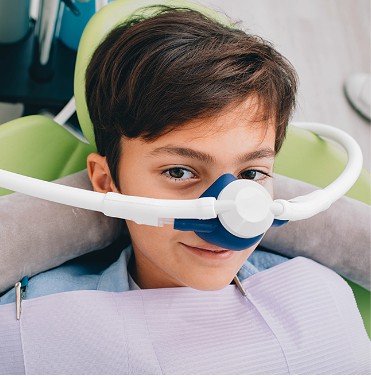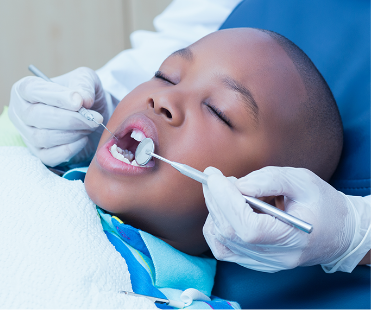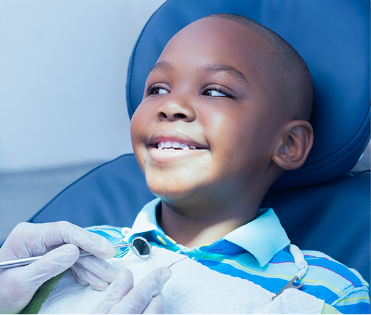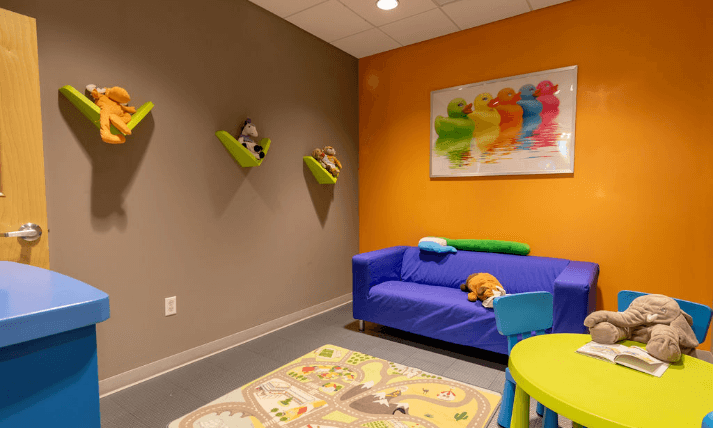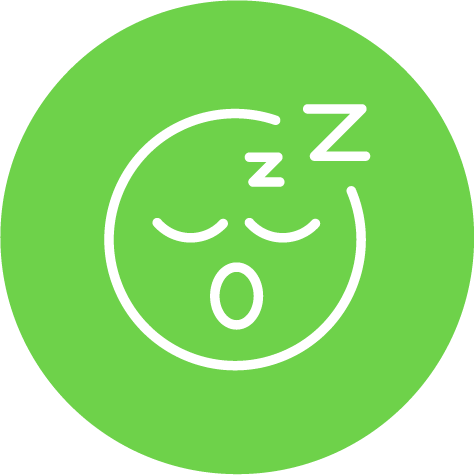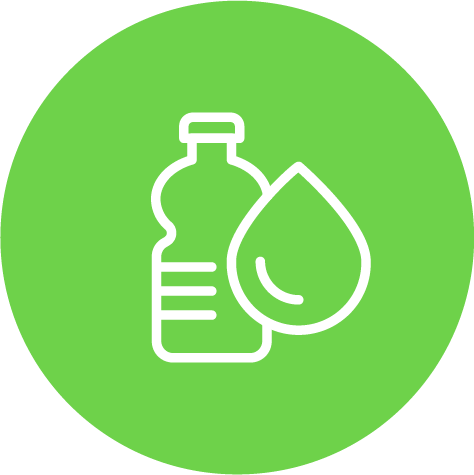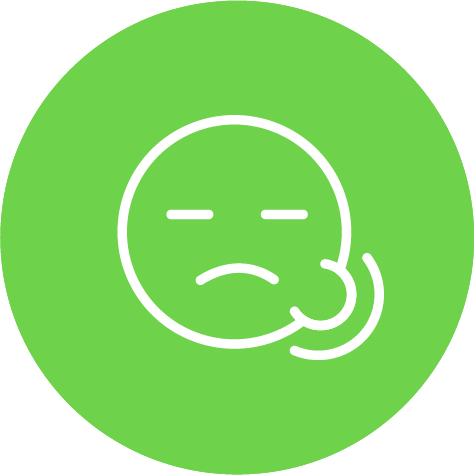What are the sedation options for my child?
Important facts about sedation dentistry for your kiddos:
Children who may experience a high level of anxiety may require some level of sedation in order for the dentist to perform the necessary treatment. Sedation can also be helpful for children with special needs. No worries! At Kidiatric, we offer a variety of treatment solutions to give your child’s a positive, comfortable and successful experience! Learn more about the following options available.
We also offer general anesthesia for children who are especially anxious or who may need to undergo extensive dental work. If your child needs general anesthesia, you will be provided with a list of instructions before your child's appointment.
Knowledge is power! What you should know about post-sedation and recovery:
After the appointment your child may still be a bit drowsy. We recommend that you continue to closely supervise your child for the next 24 hours. Patients may want to go to sleep when they get home. If they take a nap make sure they are positioned on their side in a safe area away from any heavy blankets or large pillows.
Hydration is important, so encourage your child to drink regularly after they arrive home. A soft bland diet is recommended. This includes no dairy products to help limit potential nausea.
It may be normal for the patient to have some nausea after their treatment. If your child vomits, position them on their side so they do not aspirate any stomach contents.
It may be normal for there to be some temporary oral discomfort following treatment. Most pain can be managed with children’s Ibuprofen. Sometimes patients may complain of discomfort immediately after treatment which most of the time is the effect of local anesthetic used to numb the teeth. This tends to wear off in 1-2 hours post treatment. Please feel free to contact us if you have any questions or concerns following your child’s sedation procedure.


